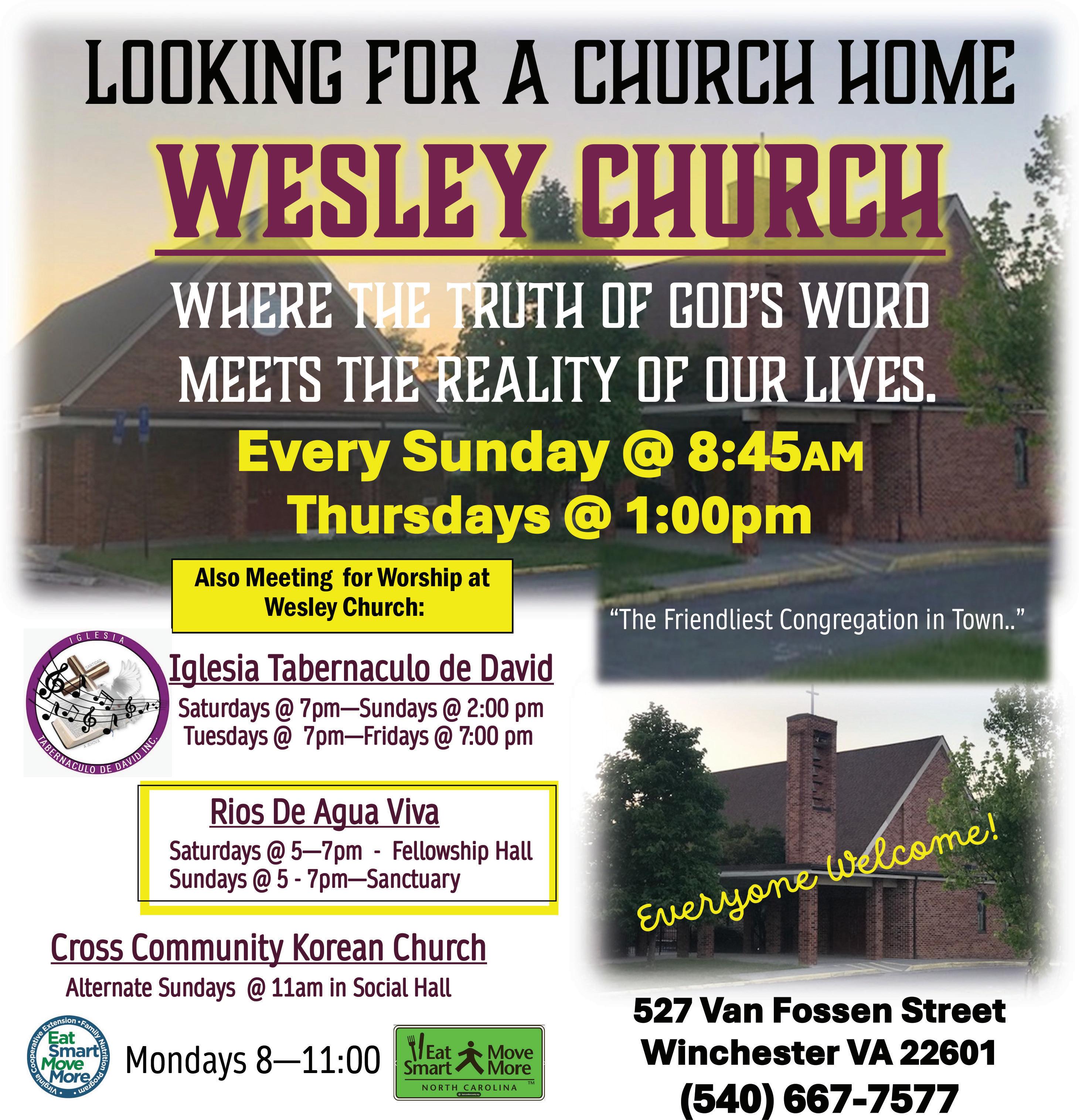Wednesday, September 24, 2025


Wednesday, September 24, 2025

John 1:1-3 NIV
















In the beginning was the Word, and the Word was with God, and the Word was God. He was with God in the beginning. Through him all things were made; without him nothing was made that has been made.
























T“The two most important days in your life are the day you are born and the day you find out why.”
-Mark Twain














–Christopher Simon















he Gospel of John begins with this metaphysical equation of God with “the Word,” who it becomes clear shortly thereafter, is Jesus. But the Word that would take on flesh and become Jesus is here being identified with the principle of creation through whom all things were made, and we aren’t necessarily compelled to believe that prior to Jesus’ physical existence it was Jesus who was creating the world, but rather that the Word is the creative aspect of the Godhead which would later take on the physical and historical aspect of Jesus. Jesus is the historical manifestation of the Word, who existed at a particular time and place and with a particular body, but the Word is also the ahistorical and timeless creative part of God which brought the physical universe into being and continues this creative function as the universe continues to unfold. Jesus helps us to understand God and at the same time helps us to see the invisible God in the visible universe.
here is very little written or known definitively about Jesus’ adolescence. The one story in the Gospels which can be dated to this period of his life is the story of Jesus getting lost while he was on a pilgrimage with his family and them finding him discussing with the teachers of the law in the temple. This story is told only in Luke (Luke 2:41-52), and it mentions that he was 12 years old at the time. Several things are noteworthy about this story. The most obvious is that what Jesus said amazed the people listening. The other thing that is noteworthy is that Jesus appears to understand at this point that he has a special relationship with God, that is, that he is a “son of God.”
He says to his parents “Didn’t you know I had to be in my Father’s house?” (Luke 2:49 NIV) It is interesting to ponder what it was like for Jesus to wonder about his relationship with God. Did this knowledge come to him suddenly or only gradually dawn on him? We can’t know this definitively, but the fact that at 12 years old Jesus is quite confident about who his “real father” is tells us something, i.e., that there must have been some awareness of his divine mission from a very young age. Just as Jesus had to come to terms with what his mission here on earth was meant to be, so too do we have to wrestle and come to terms with our mission.
–Christopher Simon
Hepburn
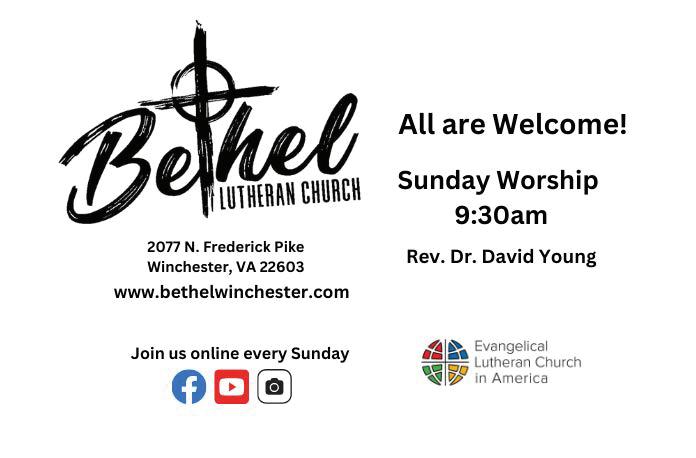



Love is not something that we can store or save like we can with money or material possessions. Love is better thought of as both a feeling and an action, and in fact a feeling that often comes naturally when we act in loving ways. And thus, it makes sense that we have more love the more that we give away. That is, the more that we act in a loving manner, the more love we will get directed back to us and the more loving and lovable we will feel. Like so many things in life, we often must take a leap of faith and act with love and kindness to those around us and that same love that we give will come right back to us. It’s as simple as smiling at others and being generous when we can. There are endless ways in which we can be loving, and we always know when we aren’t being so.
–Christopher Simon

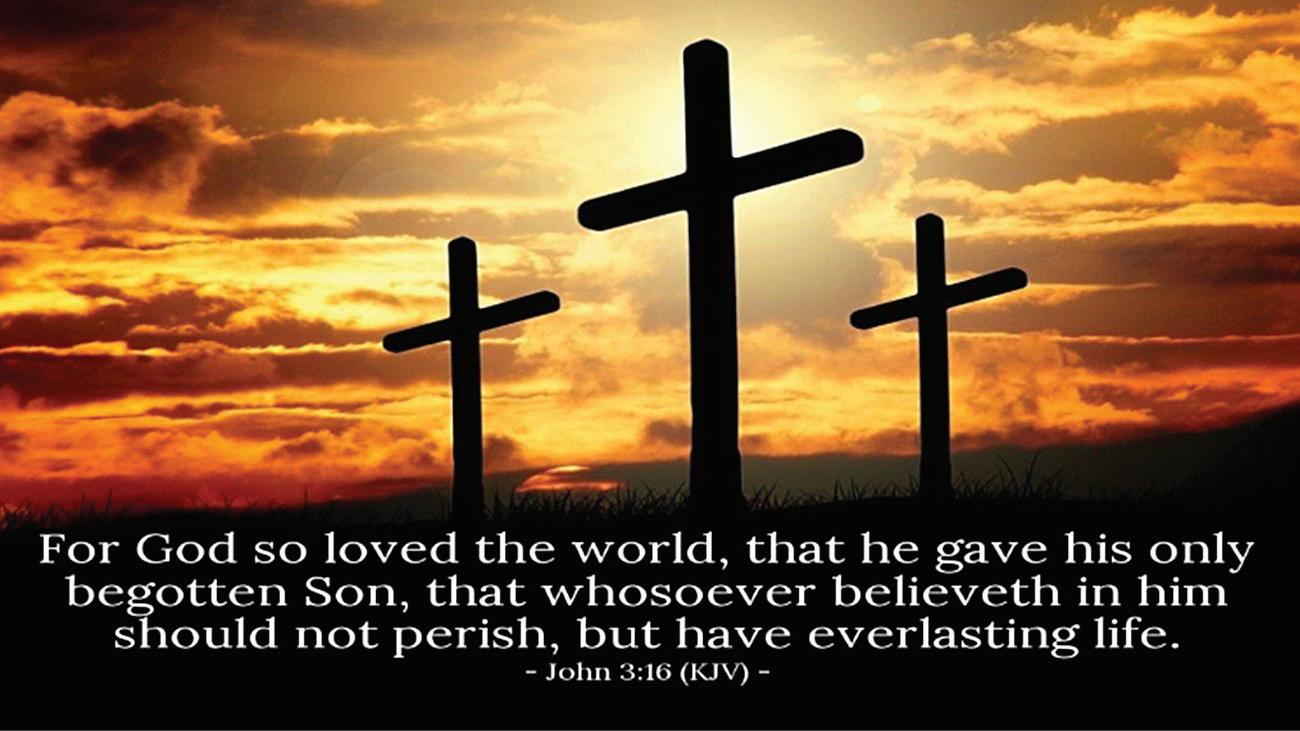
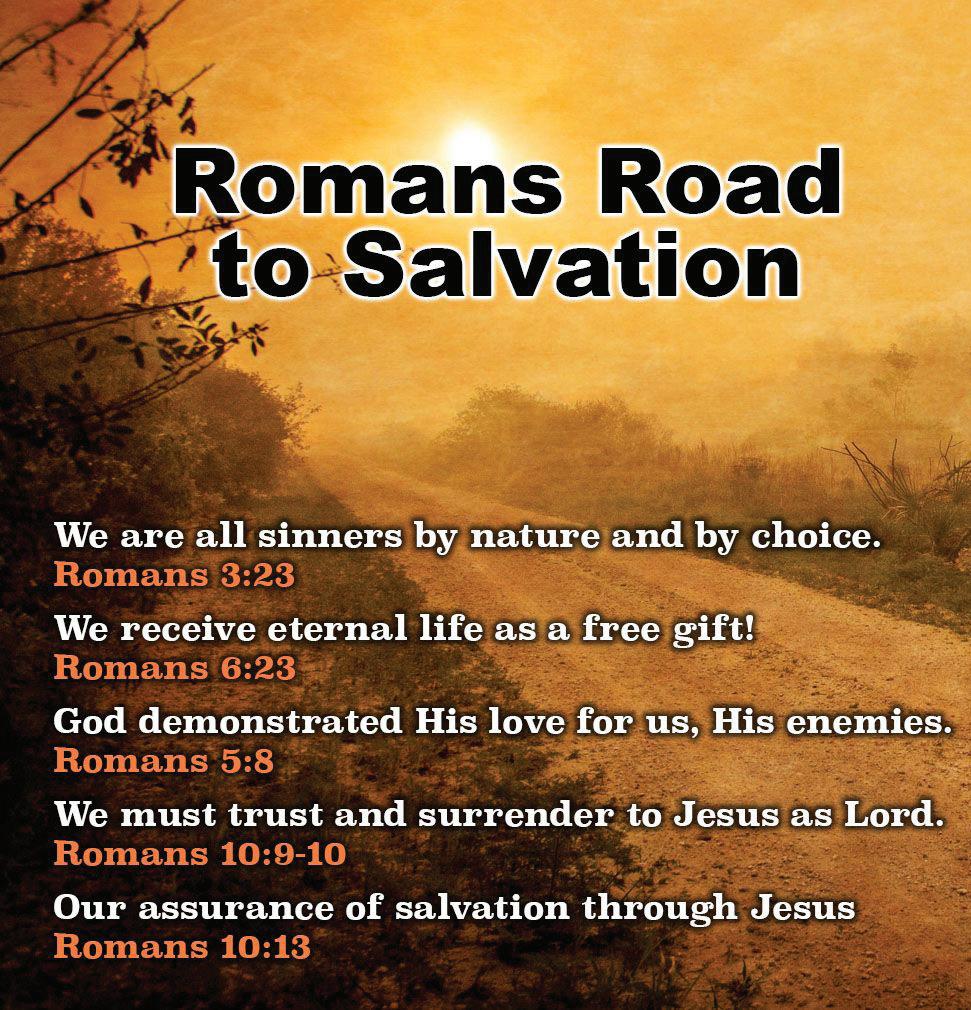
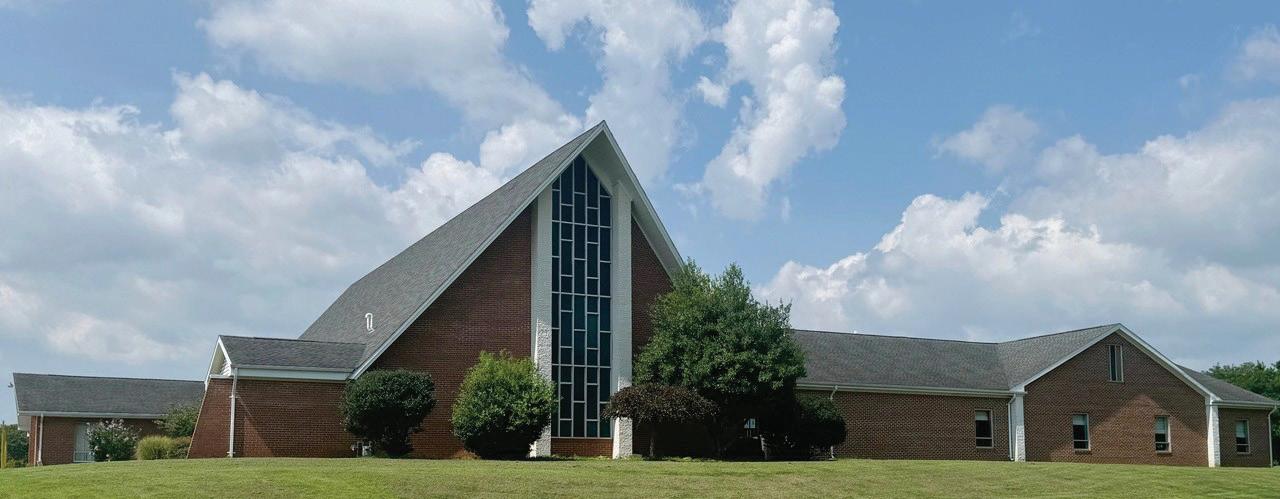
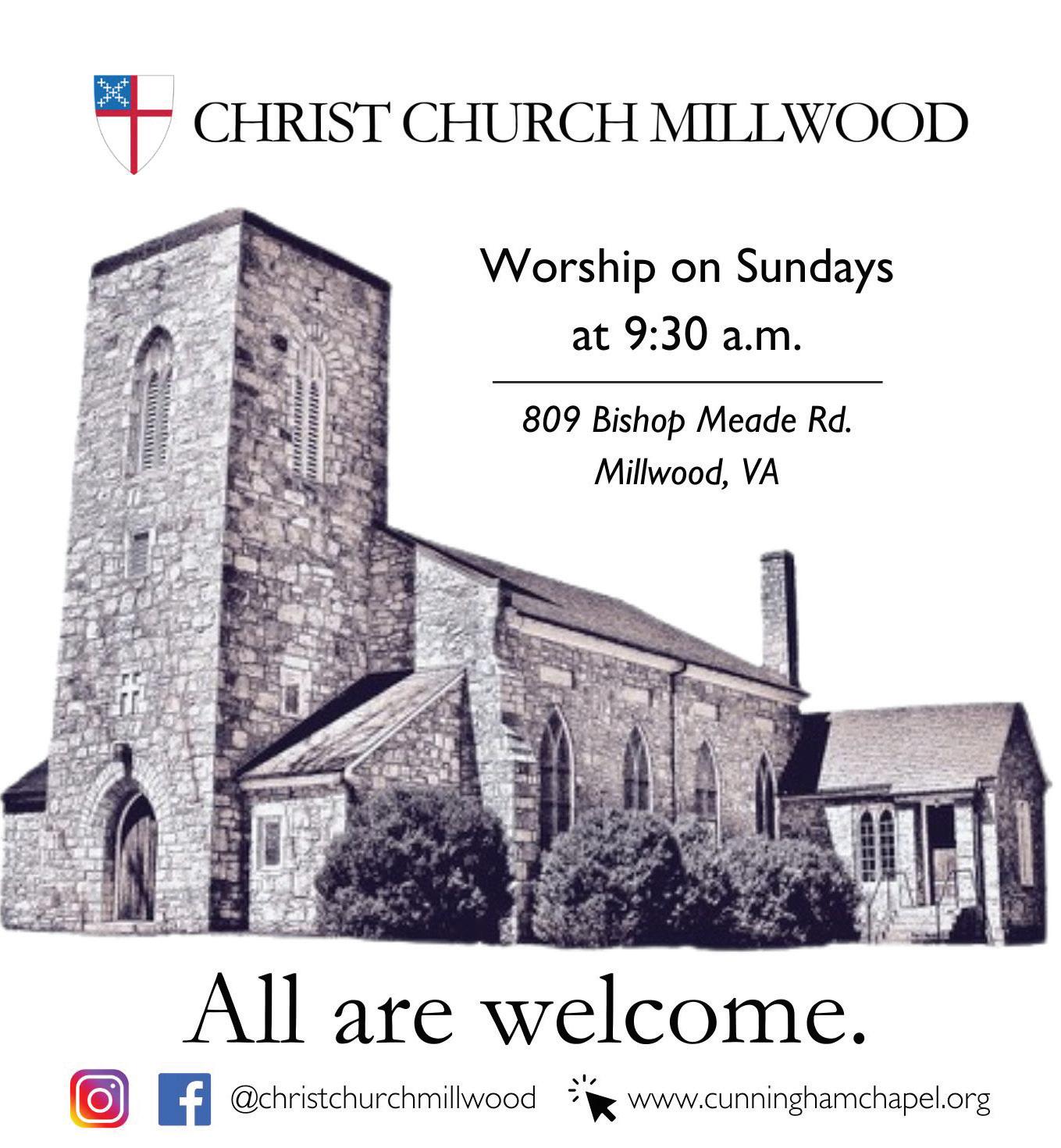
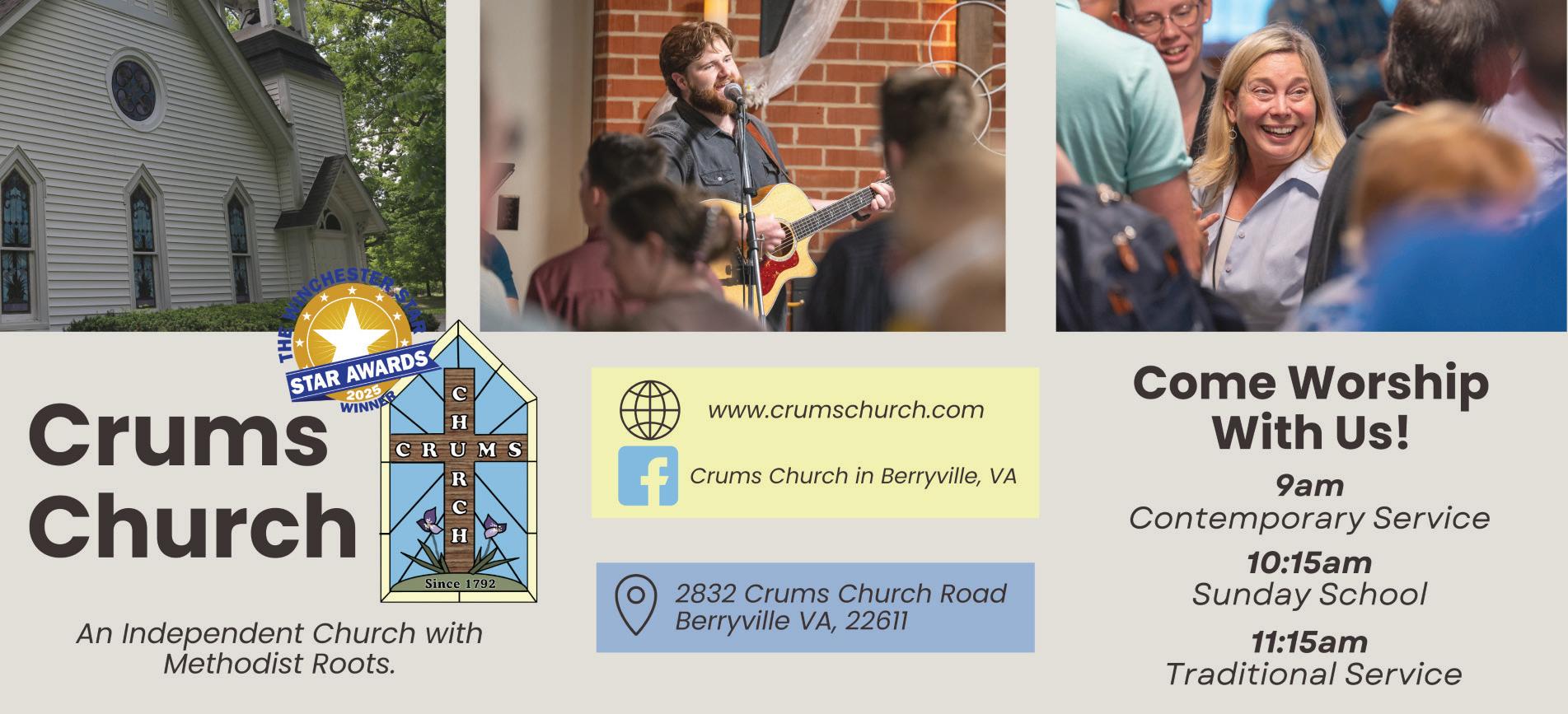
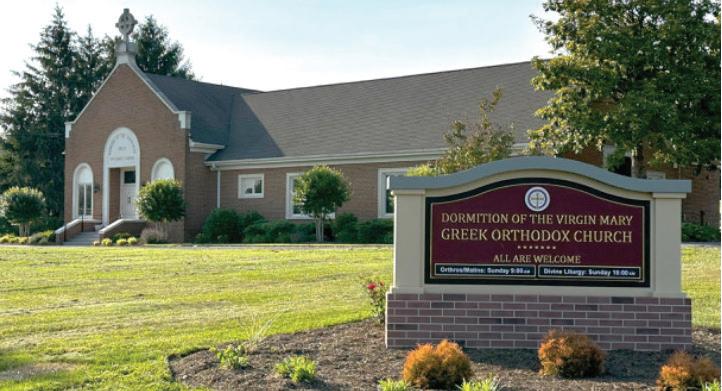






Worship service is 9am on Sunday
Friendly
Church that is committed to many community
For you were once darkness, but now you are light in the Lord. Live as children of light (for the fruit of the light consists in all goodness, righteousness and truth) and find out what pleases the Lord.
Ephesians 5:8-10 NIV
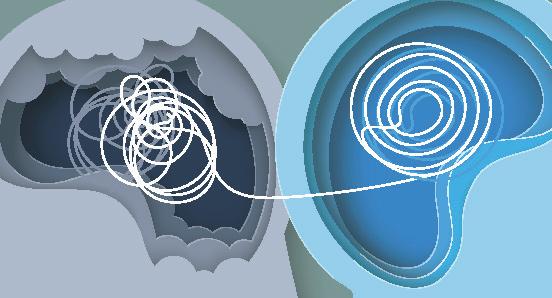
If you truly desire to live a good and holy life you must “live in love,” as the apostle Paul directs us in the fifth chapter of Ephesians. There he says “Follow God’s example, therefore, as dearly loved children and walk in the way of love, just as Christ loved us and gave himself up for us as a fragrant offering and sacrifice to God.” (Ephesians 5:1-2 NIV) What this means is that we should try to imitate Christ’s selfless act of sacrifice in everything we do. Walking in the way of love is just a simple way of saying that our lifestyle and our daily conduct should reflect a life of service and sacrifice. A good example of this might be how a mother will serve her family from the time she gets up in the morning until going to bed at night. She gets up and fixes breakfast for the family and might even make lunch for them to take to school or work and then goes off to work herself, earning money to pay the rent or mortgage and the other expenses. Good parents often make sacrifices of time and money to help their children, and don’t complain too much about it because they are helping their own children. But God wants us to treat everyone as if they are family. To “walk in the way of love” is to treat everyone as if they are your brother or your sister. As children of God, we should reflect God’s likeness in how we live, and when we succeed in doing that we are truly living in love. –Christopher Simon
“
Whoever conceals their sins does not prosper, but the one who confesses and renounces them finds mercy.
“
Proverbs 28:13 NIV
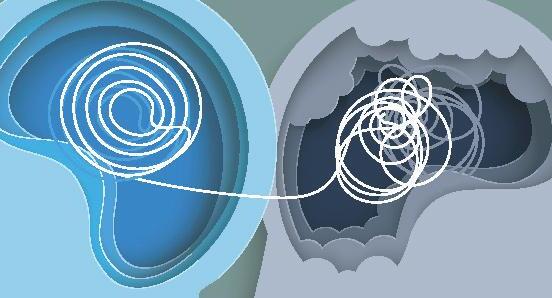
It is important to make amends for the wrongs we have committed, humbly and sincerely apologizing to those we have hurt and trying to redress the wrongs. In recovery circles (AA and NA, for example), steps numbers 8 and 9 of their 12-step programs address this issue. Making amends is crucial for people in recovery because if they don’t do this, they are carrying around all kinds of emotional baggage such as guilt and shame, which can be a trigger to drink or use drugs. What I’ve learned over the years is that the sooner I make my apologies the better, since the apology almost immediately begins to improve my relations with the other person and thus both of us begin to feel better. For minor sins, the apology can come right after the act, in the same breath as it were. But for more serious wrongs it may require asking for time to sit down with the other person and humbly asking for their forgiveness. And this isn’t just something that recovering substance abusers should do. All of us should make daily inventories of our lives and seek to make amends to those we’ve wronged. It’s wise to remember that we are human and we’re likely to need this practice until our final days.
–Christopher Simon
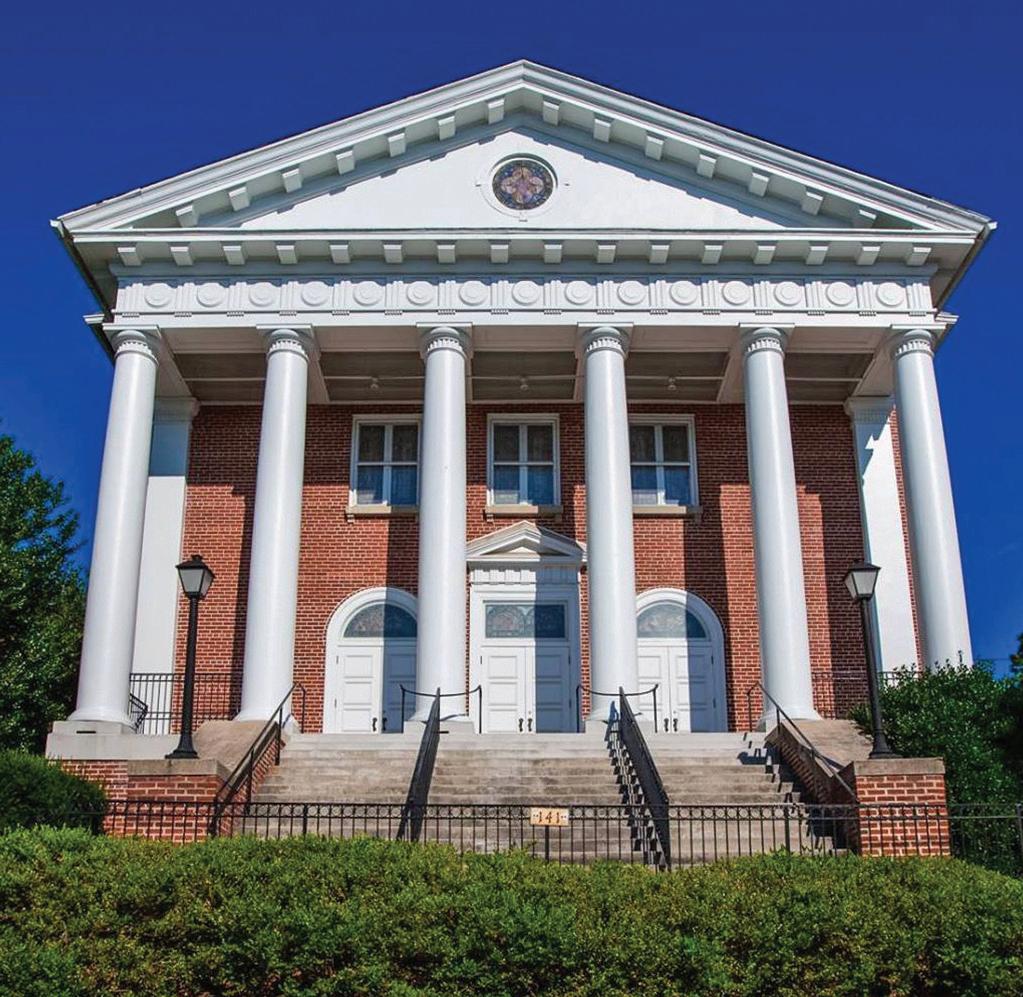
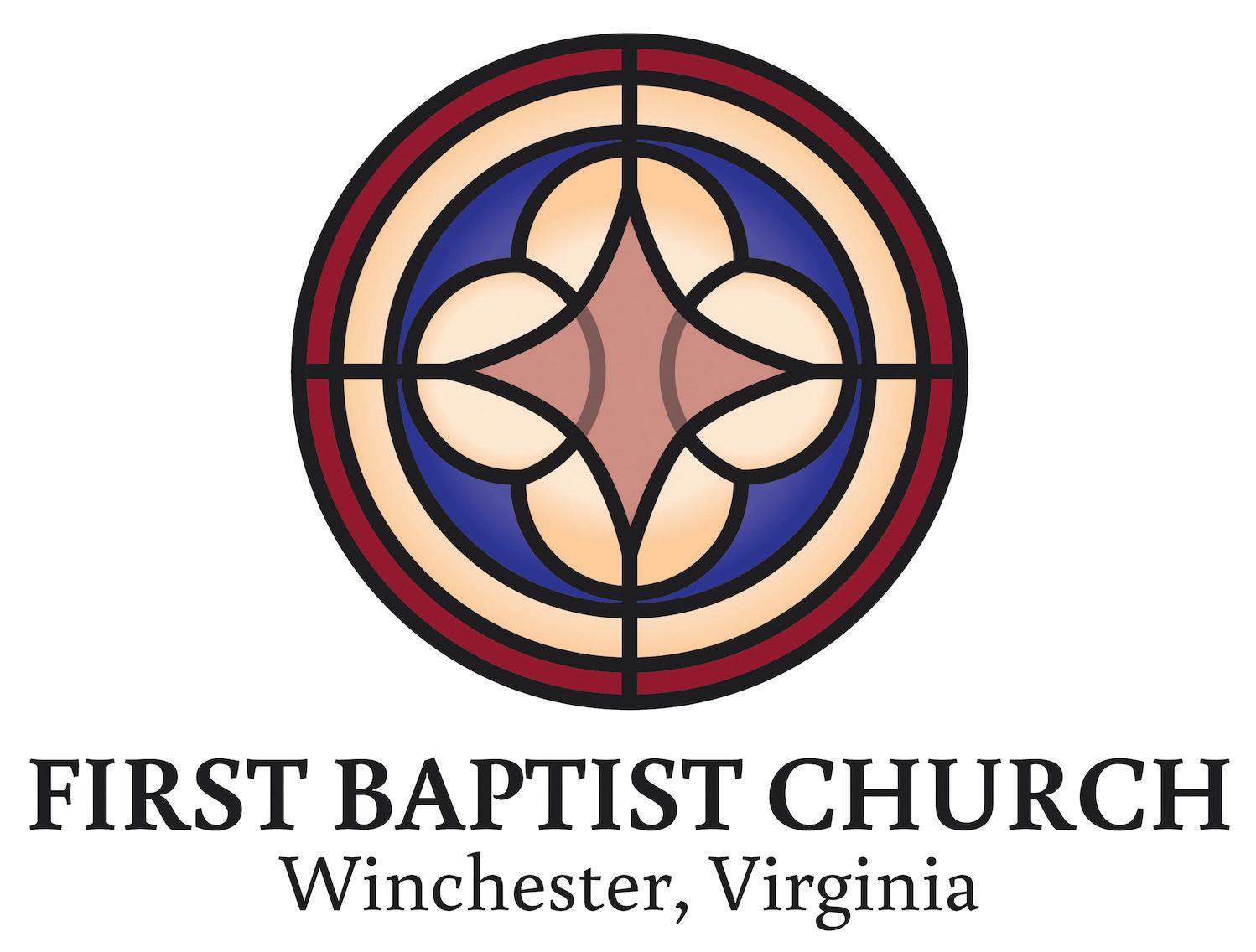
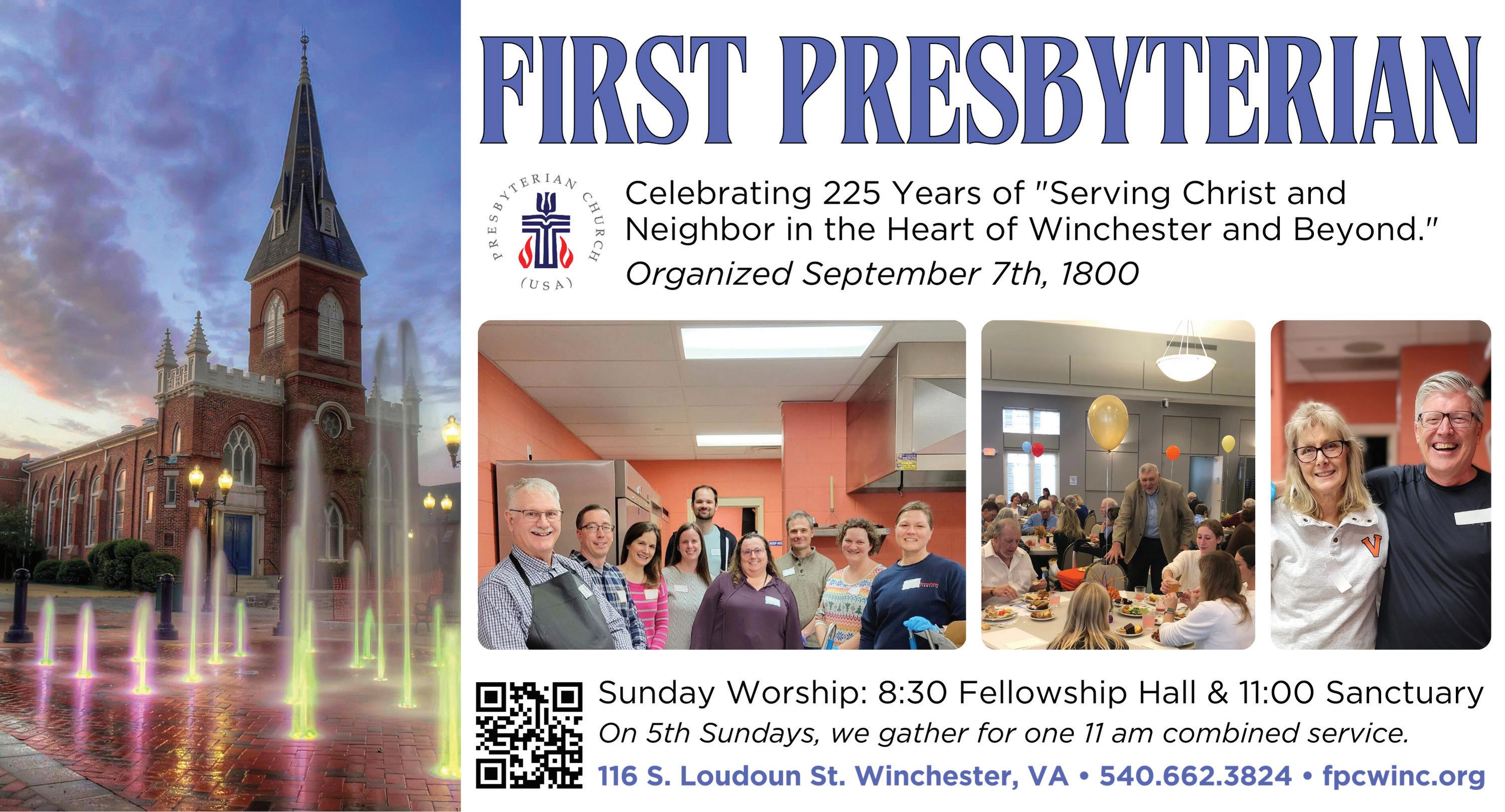
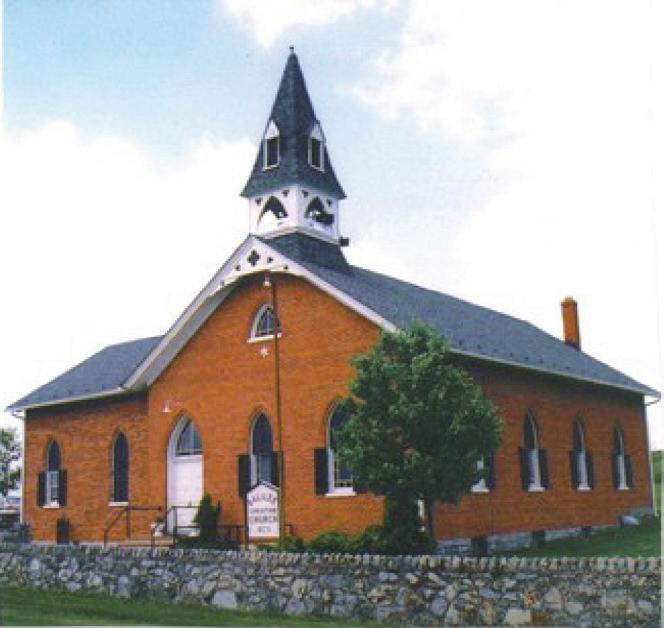
1831 Welltown road, clear brook, va adult Sunday study–10am Worship & Communion–11am
For it is with your heart that you believe and are justified, and it is with your mouth that you profess your faith and are saved. -Romans 10:10 NIV
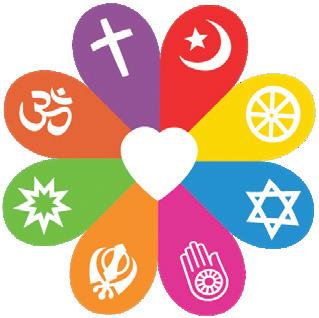
Many religions have professions of faith, and even within religions, different sects or denominations often have professions of faith which differ somewhat from their brethren in the different sects. Methodists and Catholics share the Apostles’ and Nicene creeds--from the Latin “credo” meaning “I believe,” the phrase which starts off many professions of faith—whereas Baptists have historically said that they have no creed but the Bible. And yet the similarities among the denominations are arguably more important than their differences. Even between Christians and Jews, or between Jews and Muslims, there are arguably more similarities than differences. But the creed, or the Credo, can be a stumbling block for many. Many simply can’t bring themselves to believe certain things which are required by their religion, and saying that you believe something when you don’t strikes many people as akin to lying. On the other hand, there are those who say that we should profess our faith with an open heart, in the knowledge that faith is the substance of things hoped for, but that faith is not knowledge and so we can say these things hoping they are true and hoping that this faith is a kind of self-justifying act. It is as if believing that we can do some difficult task gives us the strength to do it, or believing that someone loves us makes us act in a loving way towards them and therefore creates the conditions for that love to blossom. So have faith.
–Christopher Simon

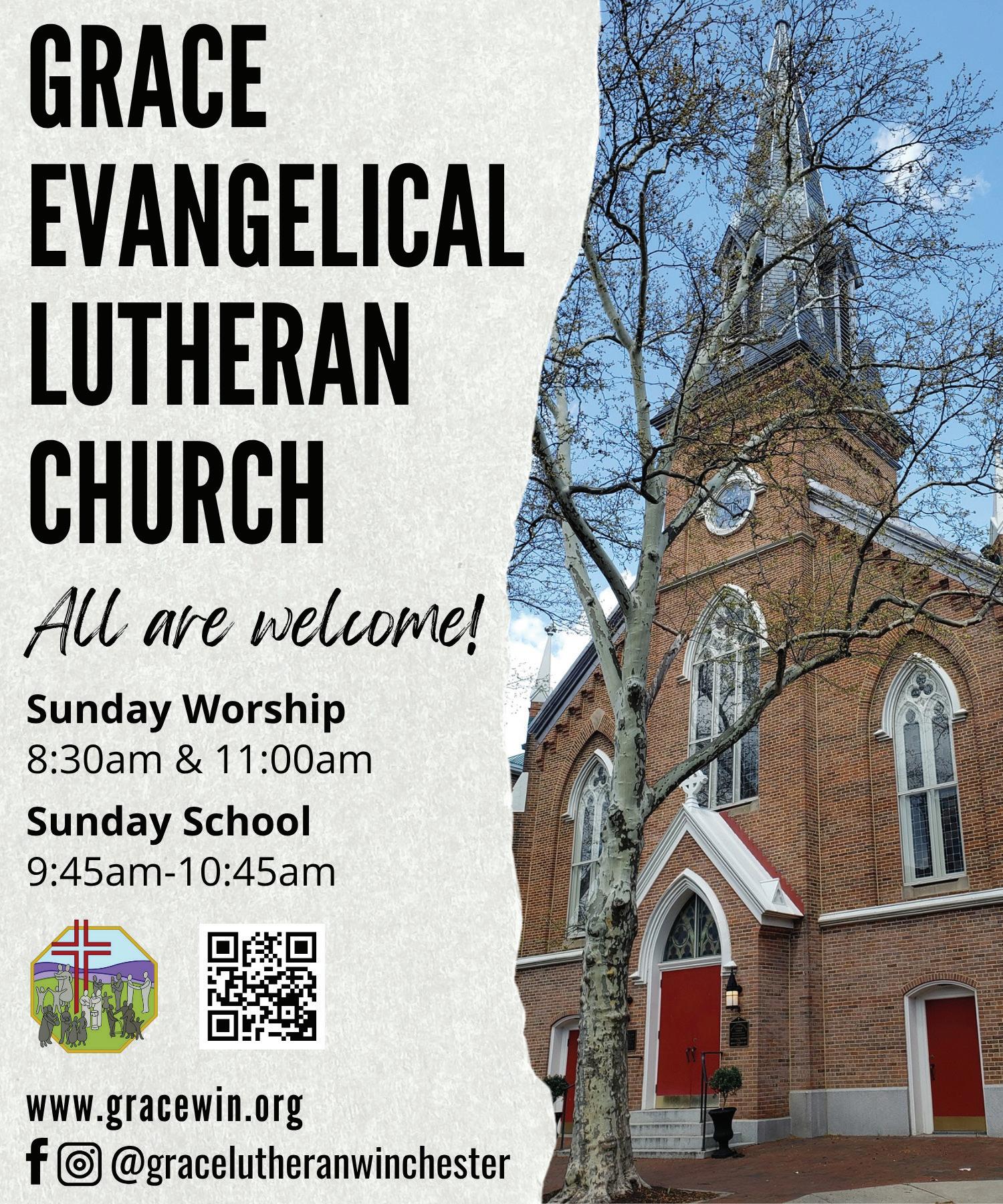
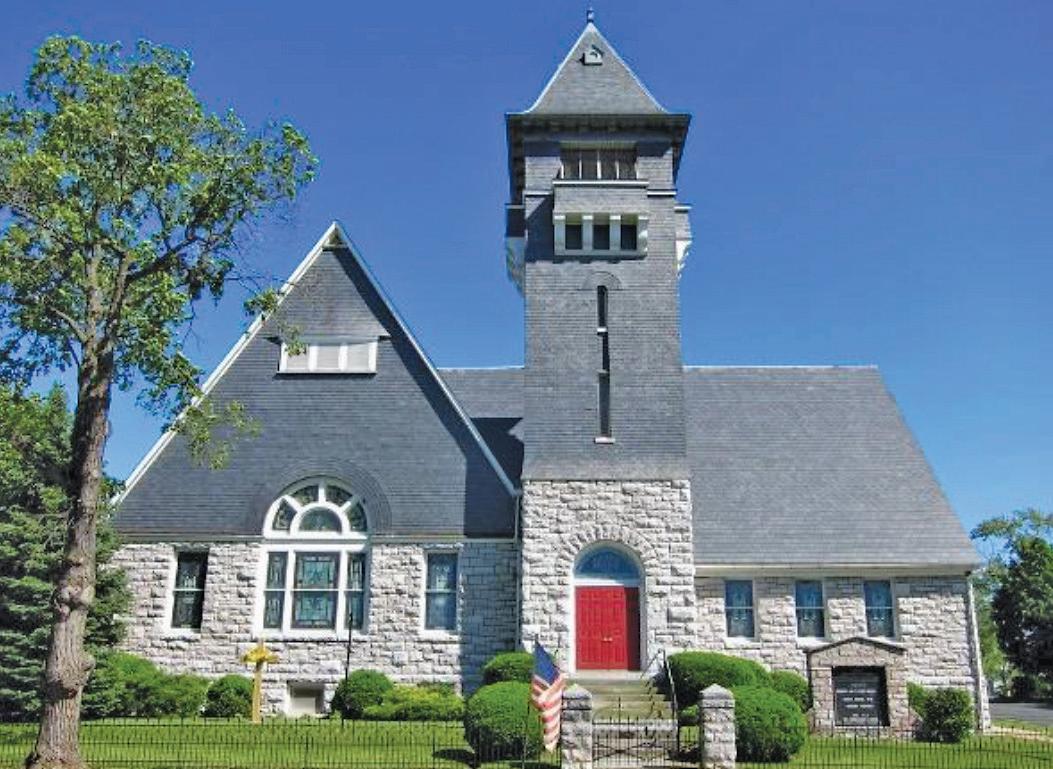
Sunday Worship: 8:30 & 10:30 am Sunday School: 9:30 – 10:20 am
Address: PO Box 61, Middletown, VA 22645 Street: 7882 Main St, Middletown, VA 22645 540-869-1008
graceumcmiddletown-va.org • graceumcmiddletown@gmail.com
www.facebook.com/GraceUMCMiddletownVA
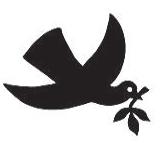
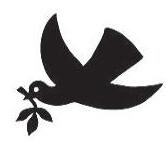



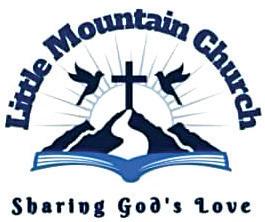
Worship Service 9am
Sunday School 10:15am
Free Community Dinner—Every 3rd Tuesday
Pastor—Dennis C. Carper
259 Little Mountain Church Road
Winchester • (540) 877-2218
Accounts of people surviving for long periods of time in the wilderness or lost at sea are amazing, and often uplifting. The will to live is strong, and you don’t know how far you can go until you are forced to do it. There are accounts of polar explorers surviving for years because their ships were “iced in” or stuck in the ice, such as the Franklin expedition, which left England in 1845 seeking the Northwest Passage and was icebound until 1848, when the crews left their ships and tried to walk to safety (they never made it). The Donner Party was a group of migrants going to California who spent the winter of 1846-1847 in the Sierra Nevada mountains and resorted to cannibalism to survive. More recently, in 1972 a group of Uruguayan rugby players traveling by plane crashed in the Andes and survived by eating some of the remains of passengers who had died. The decision to eat human flesh to survive is surely one of the most difficult and horrific one can imagine, and yet it shows the strength of our will to live. These stories of survival also show that human beings, when pushed to the limit often find ways to push beyond the limit. The phenomenon of a “second wind,” where we find reserves of energy hitherto untapped is familiar to every endurance athlete. What we seldom hear about, however, is that there can often be a third or a fourth wind, that is, we can almost always dig deeper to find further untapped reserves. And what is more, when the reserves within have truly run dry, we can sometimes tap into sources from without, and one of the greatest is the divine energy coursing through all of nature. So the next time you’re feeling wiped out and that you can’t go another step, look for that second wind, and ask God for strength to carry on.
–Christopher Simon
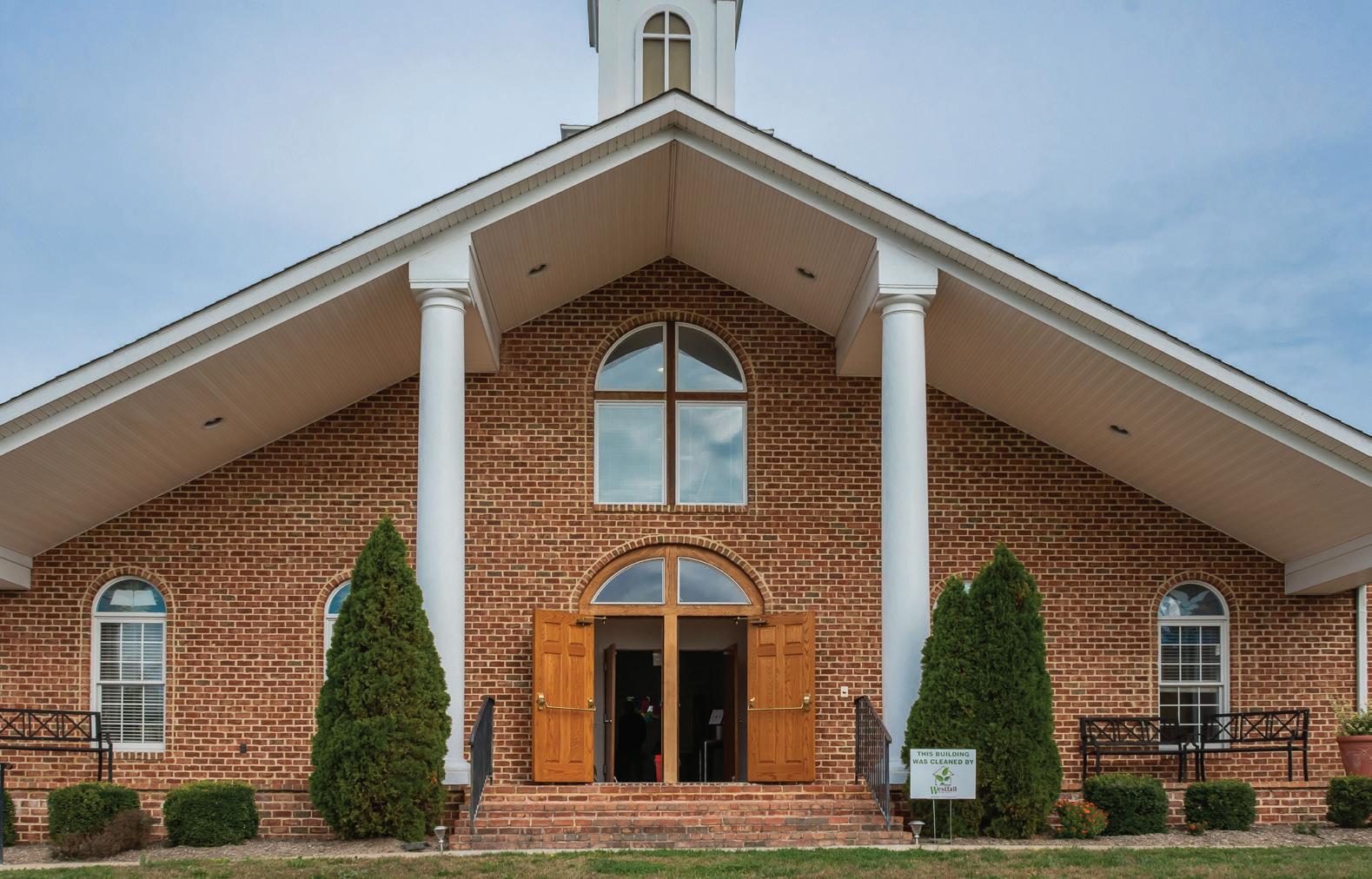


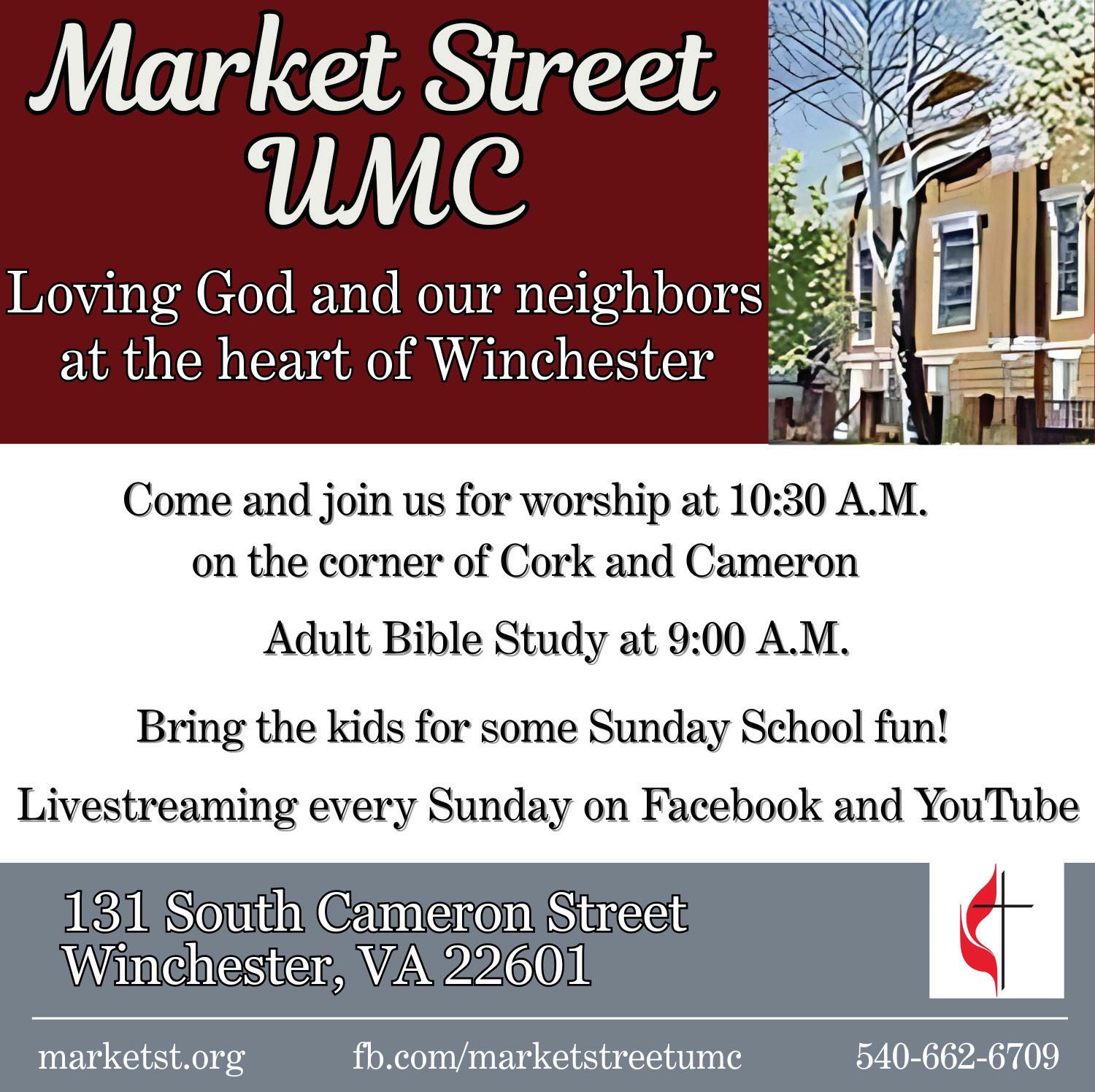
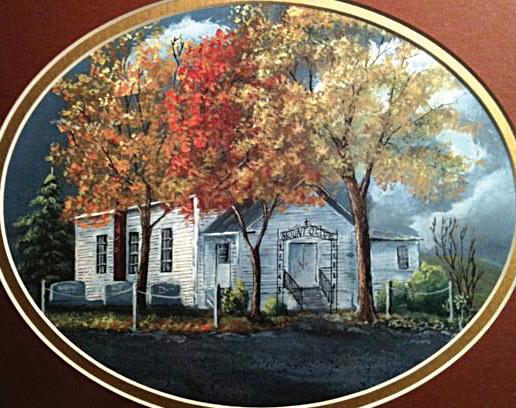
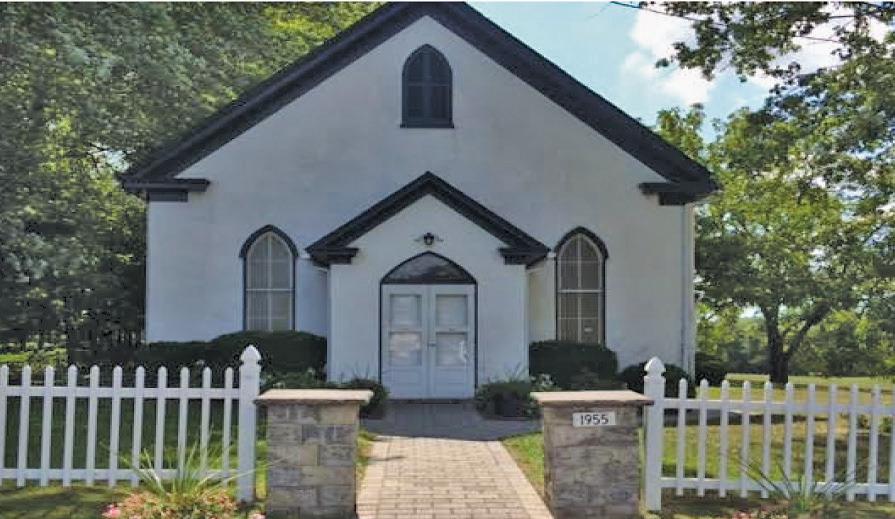



We are unknown to ourselves in many ways, and experience is often the great teacher which shows us who we really are. When faced with difficult people we discover how patient we can be. When faced with a task which requires us to press beyond our limits we discover the limits of our strength and endurance. We should welcome these experiences as lessons from God and realize that God is shaping us for His purposes, not ours. And we should remember that God knows us far better than we know ourselves, and only He knows the plans he has for us. We will be revealed to ourselves slowly but surely and we should take comfort that this is an unveiling that takes place over an entire life. Because we change over the course of our lives, what we discovered in our youth will be superceded by what we discover as mature adults.
–Christopher Simon

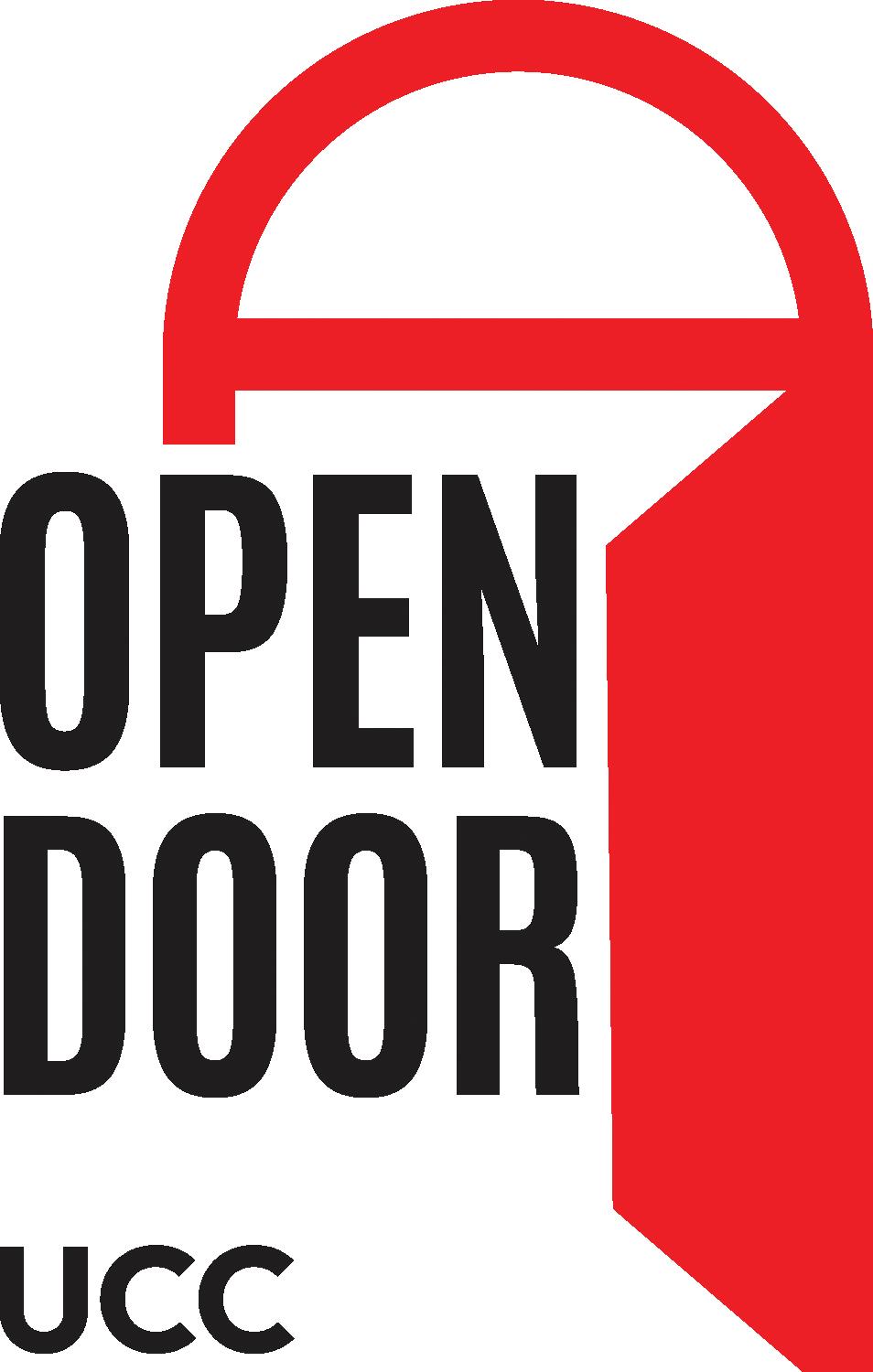
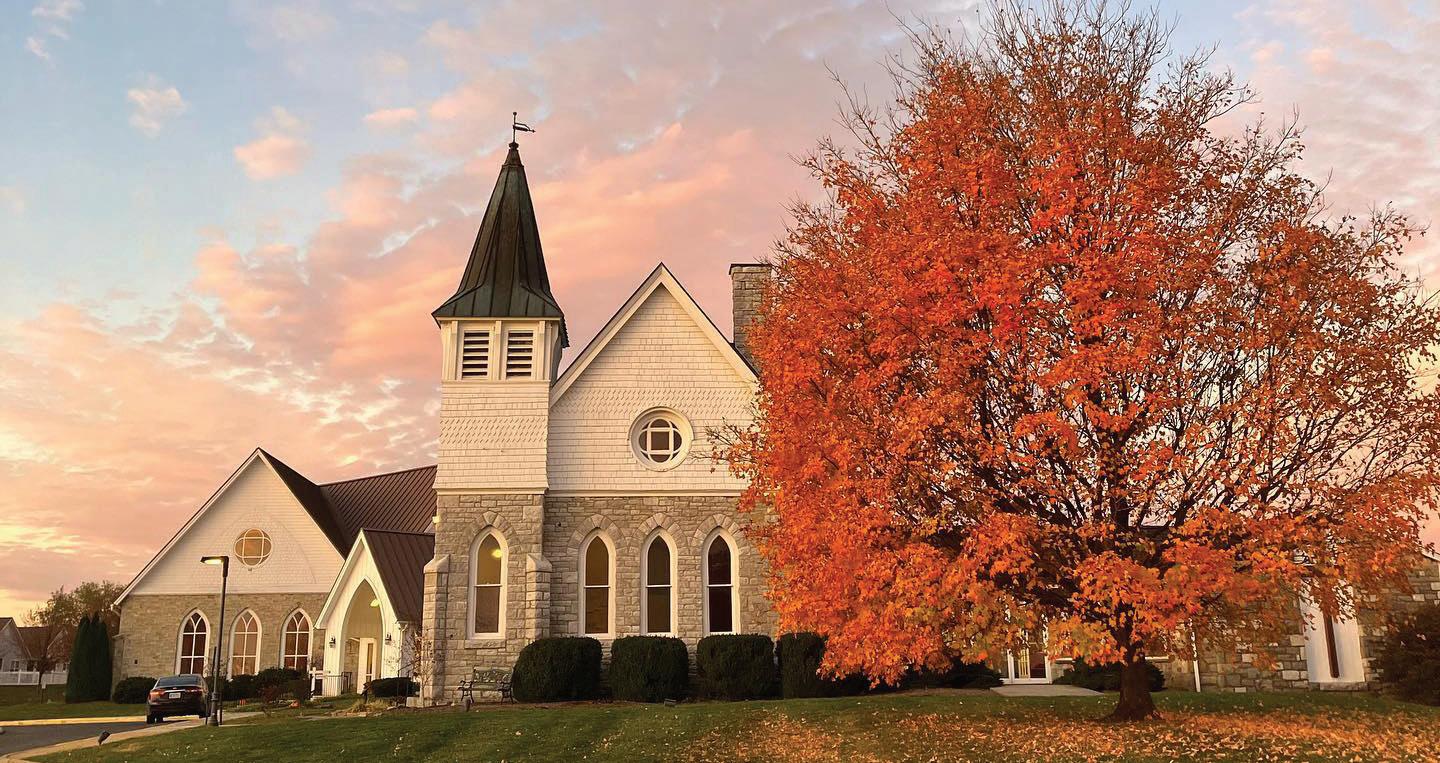

What if it all works out? What if everything is destined to work out for the best? We often fret over minor inconveniences that, in the long run, make no difference or even work out for the best. Instead of complaining about the many things that don’t work perfectly or don’t fall into your plans, why not consider that there may be a larger plan at work here, and even if you don’t immediately see what that plan is, it’s usually best to go with the flow and try to make your plans fit in with the new developments, whatever they may be. There are examples of this virtually every day. An unplanned detour or simply getting lost can oftentimes lead to unexpected discoveries. The many things that break or fail to function properly give us the opportunity to get rid of stuff we don’t really need or to find something better. Even accidents and illnesses can sometimes lead to better outcomes. Vigor grows through a wound and heartbreak is often the thing which keeps us coming back to God. –Christopher Simon
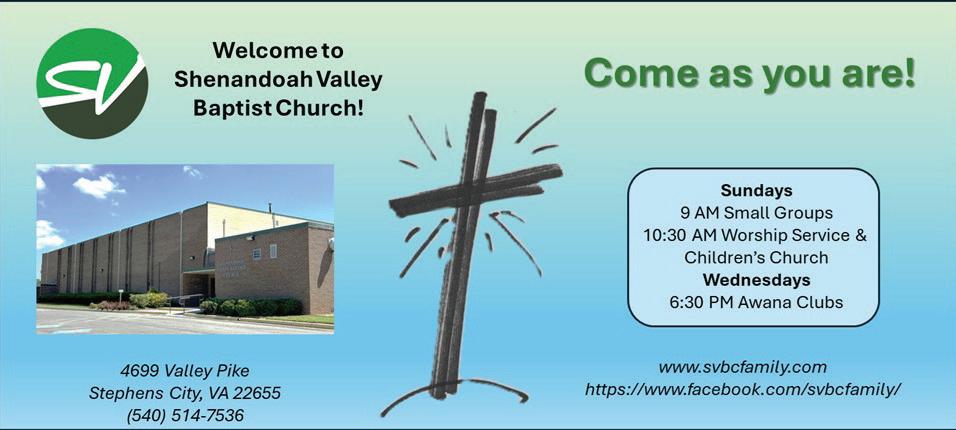

(540) 667-7511 Thomas C. Davis - Preacher www.cocsouthside.org
Preacher’s Email: thomas.davis@cocsouthside.org

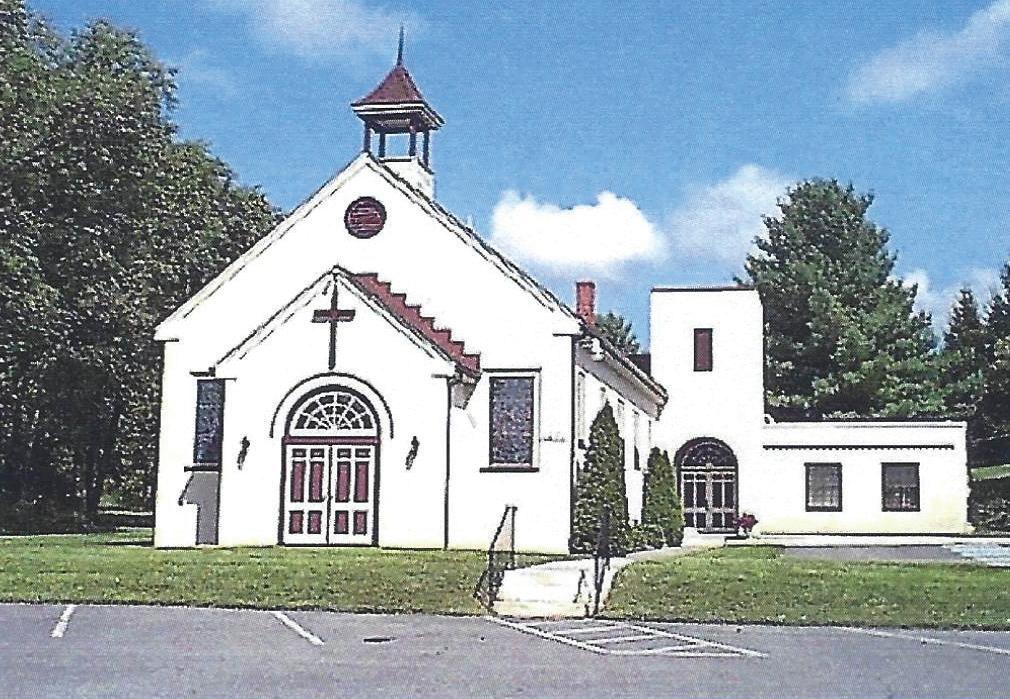
1270 North Frederick Pike, WInchester, VA 22603 (1 mile north of Winchester on RT 522, on right side) www.sunnysidepresbyterianchurch.org email: sunnysidepresbyterianchurch@gmail.com
Follow us on
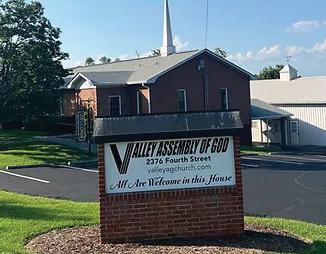





Rev. Dr. Charles (Charly) Franks



Well, it may be the Devil or it may be the Lord But you’re gonna have to serve

Dylan





























T–Christopher Simon
























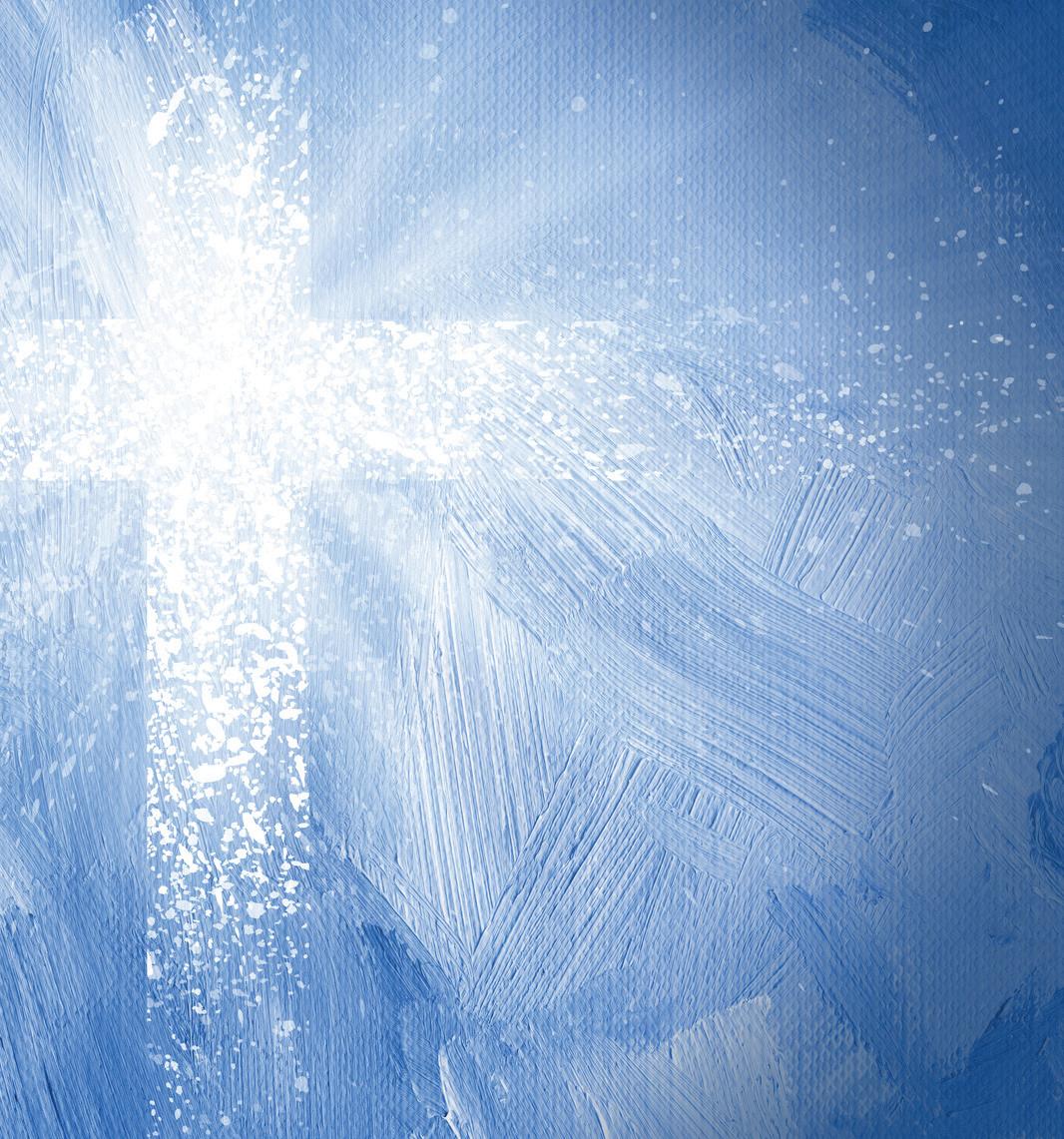










o serve is the essence of what it means to be fully human. If you think about what every job and every vocation has in common, it is that they serve others. And in our service to others, we are ultimately serving God. Unless, that is, we are serving the Devil. What kind of job or activity serves the Devil? Anything that harms others or appeals to our baser instincts. Someone who sells illicit drugs, for instance, is clearly not serving humanity’s best interests. Instead, they are selling poison to people who have become addicted or who are otherwise uninformed about the hazards of illicit drugs. Most legitimate jobs or careers are not like that. The carpenter, the plumber and the electrician are all serving mankind in their work, no less than doctors, nurses and teachers. We all have to serve somebody. Who are you going to serve?

